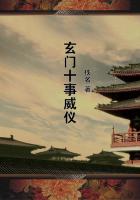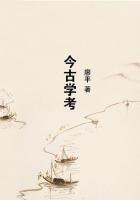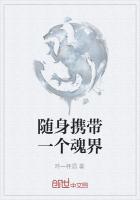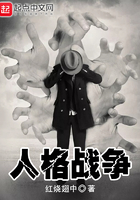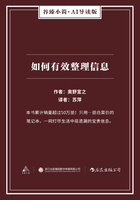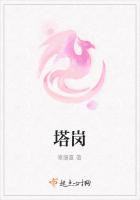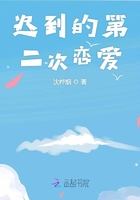At the close of the nineteenth century as a multitude of passages in the literature of that time witness, it was thought that the fact that man had at last had successful and profitable dealings with the steam that scalded him and the electricity that flashed and banged about the sky at him, was an amazing and perhaps a culminating exercise of his intelligence and his intellectual courage. The air of 'Nunc Dimittis' sounds in same of these writings. 'The great things are discovered,' wrote Gerald Brown in his summary of the nineteenth century. 'For us there remains little but the working out of detail.' The spirit of the seeker was still rare in the world; education was unskilled, unstimulating, scholarly, and but little valued, and few people even then could have realised that Science was still but the flimsiest of trial sketches and discovery scarcely beginning. No one seems to have been afraid of science and its possibilities.
Yet now where there had been but a score or so of seekers, there were many thousands, and for one needle of speculation that had been probing the curtain of appearances in 1800, there were now hundreds. And already Chemistry, which had been content with her atoms and molecules for the better part of a century, was preparing herself for that vast next stride that was to revolutionise the whole life of man from top to bottom.
One realises how crude was the science of that time when one considers the case of the composition of air. This was determined by that strange genius and recluse, that man of mystery, that disembowelled intelligence, Henry Cavendish, towards the end of the eighteenth century. So far as he was concerned the work was admirably done. He separated all the known ingredients of the air with a precision altogether remarkable; he even put it upon record that he had some doubt about the purity of the nitrogen. For more than a hundred years his determination was repeated by chemists all the world over, his apparatus was treasured in London, he became, as they used to say, 'classic,' and always, at every one of the innumerable repetitions of his experiment, that sly element argon was hiding among the nitrogen (and with a little helium and traces of other substances, and indeed all the hints that might have led to the new departures of the twentieth-century chemistry), and every time it slipped unobserved through the professorial fingers that repeated his procedure.
Is it any wonder then with this margin of inaccuracy, that up to the very dawn of the twentieth-century scientific discovery was still rather a procession of happy accidents than an orderly conquest of nature?
Yet the spirit of seeking was spreading steadily through the world. Even the schoolmaster could not check it. For the mere handful who grew up to feel wonder and curiosity about the secrets of nature in the nineteenth century, there were now, at the beginning of the twentieth, myriads escaping from the limitations of intellectual routine and the habitual life, in Europe, in America, North and South, in Japan, in China, and all about the world.
It was in 1910 that the parents of young Holsten, who was to be called by a whole generation of scientific men, 'the greatest of European chemists,' were staying in a villa near Santo Domenico, between Fiesole and Florence. He was then only fifteen, but he was already distinguished as a mathematician and possessed by a savage appetite to understand. He had been particularly attracted by the mystery of phosphorescence and its apparent unrelatedness to every other source of light. He was to tell afterwards in his reminiscences how he watched the fireflies drifting and glowing among the dark trees in the garden of the villa under the warm blue night sky of Italy; how he caught and kept them in cages, dissected them, first studying the general anatomy of insects very elaborately, and how he began to experiment with the effect of various gases and varying temperature upon their light. Then the chance present of a little scientific toy invented by Sir William Crookes, a toy called the spinthariscope, on which radium particles impinge upon sulphide of zinc and make it luminous, induced him to associate the two sets of phenomena. It was a happy association for his inquiries. It was a rare and fortunate thing, too, that any one with the mathematical gift should have been taken by these curiosities.

